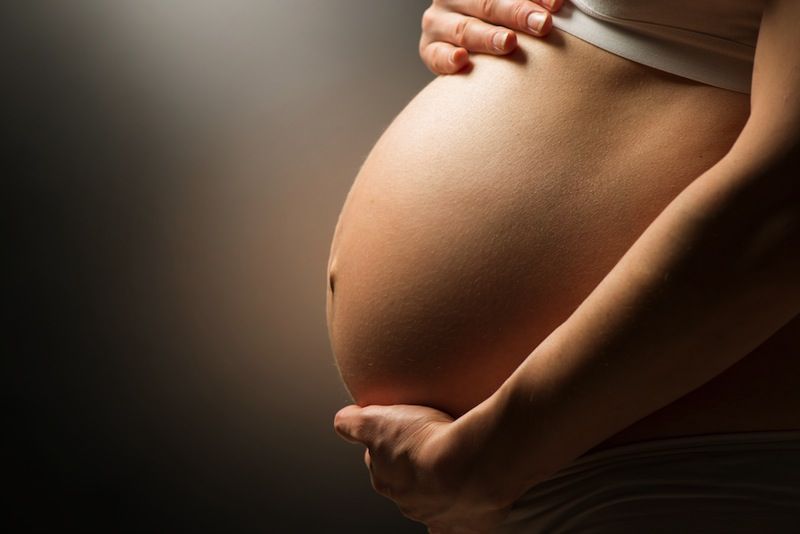
Maternity leave is a critical aspect of labor law in the Philippines, designed to safeguard the well-being of expectant mothers and their newborns while ensuring job security. Understanding your rights and responsibilities as an employee or employer under Philippine maternity leave law is essential
What is maternity leave, and why is it important under Philippine law?
Maternity leave is a legal entitlement provided to pregnant women in the Philippines to ensure their well-being during pregnancy, childbirth, and the postpartum period. It’s essential to protect the health and rights of pregnant employees and help them balance their work and family responsibilities.
Who is eligible for maternity leave in the Philippines?
Female employees, regardless of their civil status, are eligible for maternity leave if they meet the following criteria:
- They have worked for their current employer for at least 12 months.
- They have notified their employer of their pregnancy and the expected date of delivery; and
- medical certificate to support their leave application.
How long is maternity leave in the Philippines?
Pregnant employees in the Philippines are entitled to 105 days of maternity leave, regardless of the mode of delivery (natural or caesarian section). In cases of miscarriage or emergency termination of pregnancy, a maternity leave of 60 days with full pay shall be granted.
Are there any additional leave benefits for pregnant employees?
Yes, there is an additional 30 days of maternity leave without pay, subject to certain conditions. This extended leave can be availed of for serious health complications arising from pregnancy, childbirth, or miscarriage.
What benefits do pregnant employees receive during maternity leave?
During maternity leave, employees are entitled to receive their full pay. Additionally, employers are required to provide medical and health care benefits to cover expenses related to the pregnancy and postpartum period.
Can pregnant employees expect job security after taking maternity leave?
Yes, pregnant employees have the right to return to the same or an equivalent position with the same rate of pay and benefits after maternity leave. Employers are prohibited from terminating or demoting employees due to pregnancy or maternity leave.
What protections are in place against discrimination related to pregnancy and maternity leave?
Employers are prohibited from discriminating against employees due to their pregnancy or maternity leave. Discrimination includes any adverse actions, such as termination, demotion, or reduced benefits, based on pregnancy.
What should employers provide to support pregnant employees in the workplace?
Employers should create a supportive work environment for pregnant employees. This includes providing facilities like breastfeeding rooms and accommodating flexible work arrangements when necessary to ensure a healthy pregnancy and smooth postpartum recovery.
Is open communication with the employer important during maternity leave?
Yes, open communication is crucial. Employers should maintain communication with pregnant employees throughout their maternity leave, addressing any concerns or questions and providing updates on changes that may affect their employment.Maternity leave law in the Philippines is designed to support and protect the rights of pregnant employees while promoting maternal health. Understanding these laws is crucial for both employees and employers to ensure a smooth transition into motherhood and maintain a healthy work environment.
Sources:
R.A. 11210 or the 105-Day Expanded Maternity Leave Law
Implementing Rules and Regulations of the 105-Day Expanded Maternity Leave Law


